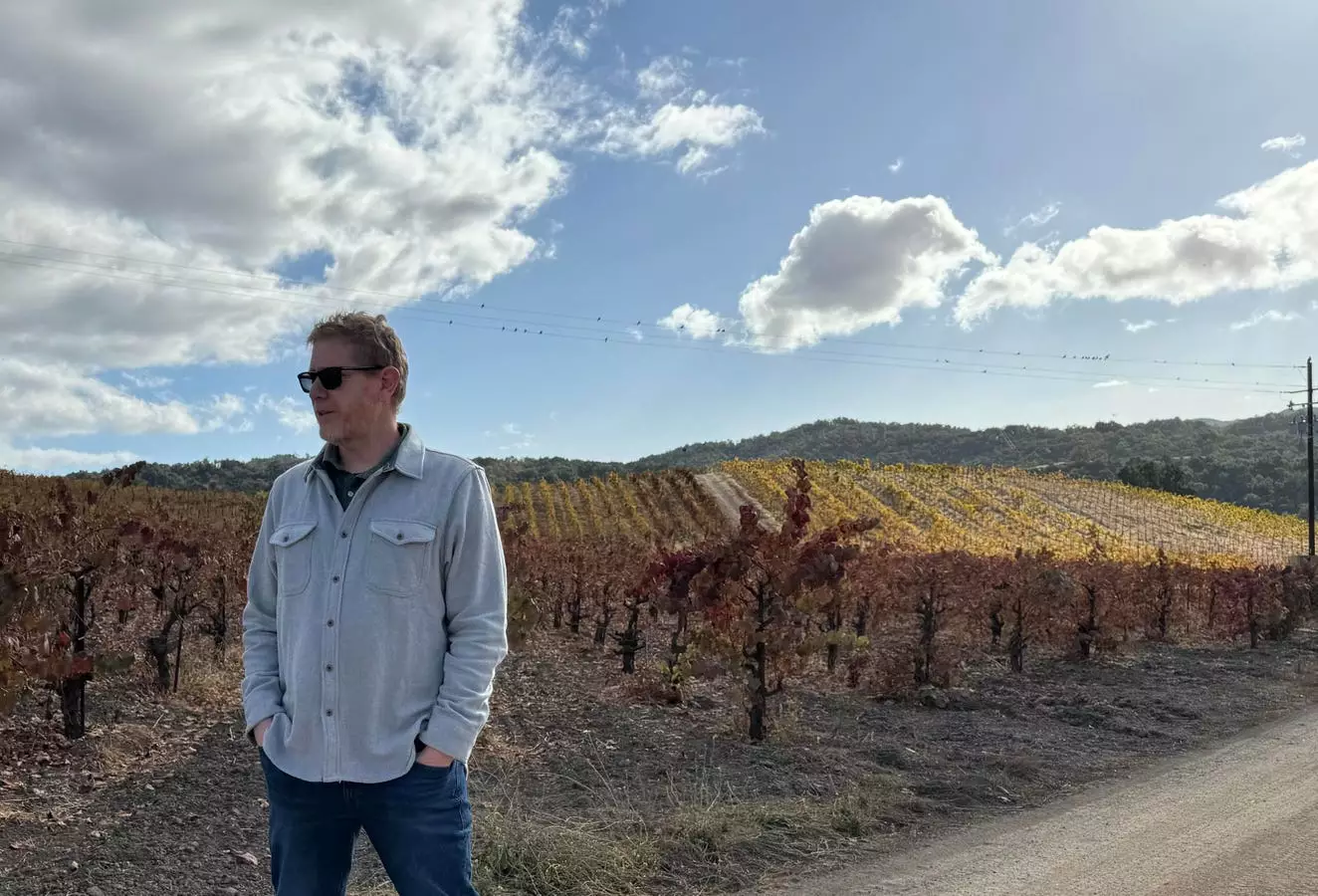In recent years, the conversation around sustainable agriculture has extended to the world of wine, with Tablas Creek Vineyard leading the charge in this important movement. As one of the pioneers in environmentally friendly wine production, Tablas Creek has garnered acclaim for its innovative practices. The spotlight has particularly shone on their exceptional bag-in-box (BiB) wine, which not only offers a high-quality alternative to traditional packaging but also aligns with sustainability principles. The vineyard’s commitment to rethinking wine packaging and production methods encourages consumers to reconsider their own choices when it comes to how they enjoy wine.
When I decided to attend the Sustainable Ag Expo in Central California, I knew visiting Tablas Creek would be a priority. With an eagerness to delve into their sustainable practices and philosophy, I reached out to co-owner Jason Haas to schedule a visit. From the moment I arrived, the atmosphere buzzed with both passion and expertise. Jason graciously provided an extensive tour of the vineyard and the cellar, unveiling the intricate processes behind their biodynamic and organic wine production.
Tablas Creek’s remarkable journey began with a partnership between two established families: the Perrins of Château de Beaucastel in France and the Haas family of Vineyard Brands. This transcontinental collaboration has allowed for a rich exchange of techniques and traditions that transcend geographical boundaries. As Tablas Creek works to replicate the storied Rhônes-style wines of France within the unique terroir of Paso Robles, the exchange of knowledge has empowered both American and French producers to refine their craft.
The vineyard stands tall as a certified Biodynamic and Regenerative Organic producer, relying heavily on minimal intervention practices that allow the natural environment to flourish. One such technique is the use of ambient yeasts, which emphasizes their dedication to creating “natural” wines that resonate with the land from which they originate. Rather than focusing solely on profitability, the sustainability principles at Tablas Creek are deeply interwoven into their organizational culture. Jason emphasizes that the sustainability ethos is not confined to one department or level; it permeates the entire company, ensuring that every employee embodies these values.
Influencing the Industry: Tablas Creek’s Impact Beyond Its Borders
While Tablas Creek’s sustainability initiatives set a benchmark for the industry, they also extend their influence beyond California. As a key player in the promotion of Rhône varietals across the United States, Tablas Creek has helped facilitate access to high-quality grape varieties for winemakers from diverse regions, including Texas. Their vine nursery has been instrumental for growers in the U.S. who are eager to cultivate authentic Rhône wines. This initiative has played a crucial role in the burgeoning Rhône movement, which has been pivotal for Texas wineries seeking out high-quality grape varietals.
Additionally, Jason’s leadership as a former president and a current board member of the Rhône Rangers illustrates his commitment to educating and empowering other producers. The vineyards in Texas, with their increasingly impressive offerings, owe much of their recent growth to the mentorship provided by Tablas Creek and its staff. The flourishing Texas wine community has embraced sustainability, with producers more frequently pursuing certifications that validate their commitment to eco-friendly practices.
An inspiring aspect of my visit was Jason’s perspective on the need for continuous improvement within sustainable practices. He articulated the importance of treating certification processes, such as those for organic or biodynamic status, as ambitious goals that should challenge producers to innovate rather than settle for easy benchmarks. This philosophy resonated with conversations I had at the Sustainable Ag Expo with leaders advocating for a broader integration of sustainability in wine regions, including proposals to include Texas growers in established sustainable programs.
Jason’s insights reveal how sustainability can serve as a unifying theme within the wine community, bridging gaps between varying regions and practices. By fostering a culture of ambition, he exemplifies what it takes to elevate wine production to a more sustainable echelon. This commitment to excellence permeates all aspects of Tablas Creek, proving that sustainability isn’t just a trend, but a transformative journey that can reshape how the world appreciates and consumes wine.
My experience at Tablas Creek Vineyard reinforced the importance of sustainable practices in winemaking. As industry leaders like Jason Haas continue to advocate for greener approaches, the trajectory of wine production is set to evolve, instilling greater awareness and appreciation in consumers while enhancing the ethos of the wine community.


Leave a Reply